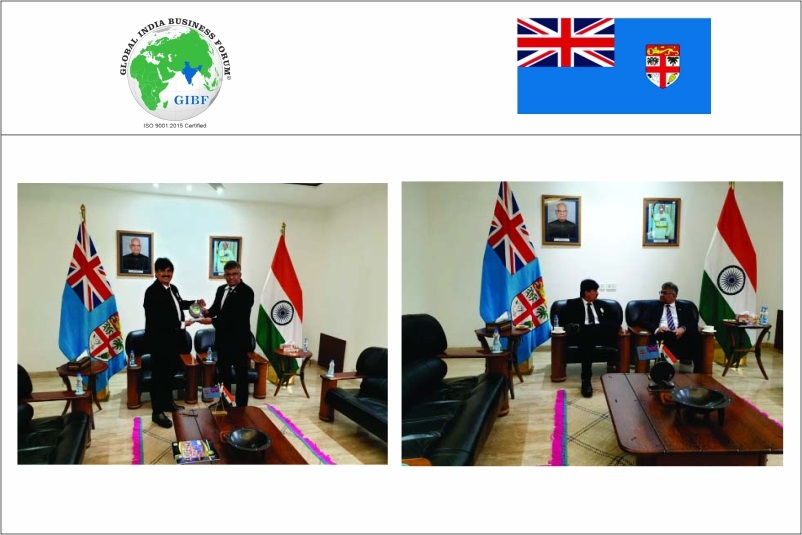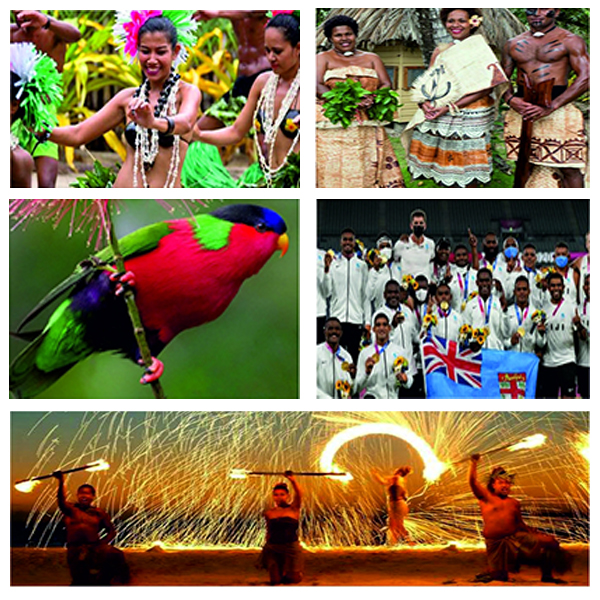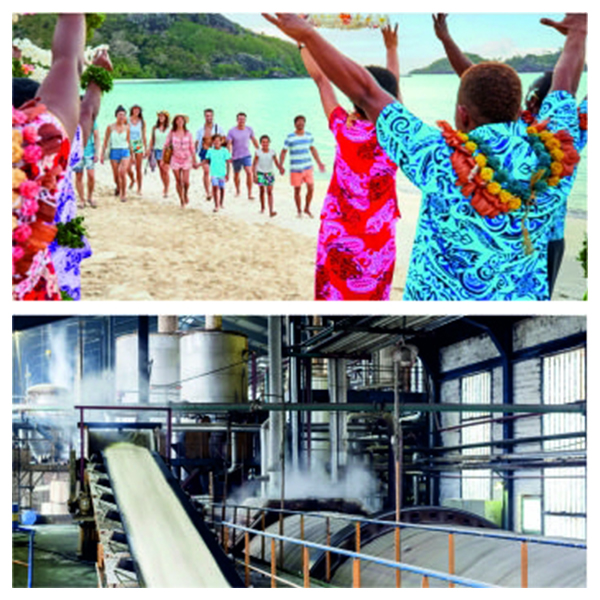India - Fiji Business and Cultural Council
Fiji is an island nation in the South Pacific, known for its tropical climate, beautiful beaches, and vibrant coral reefs. Its capital is Suva, and the economy relies on tourism, sugar exports, and remittances.







